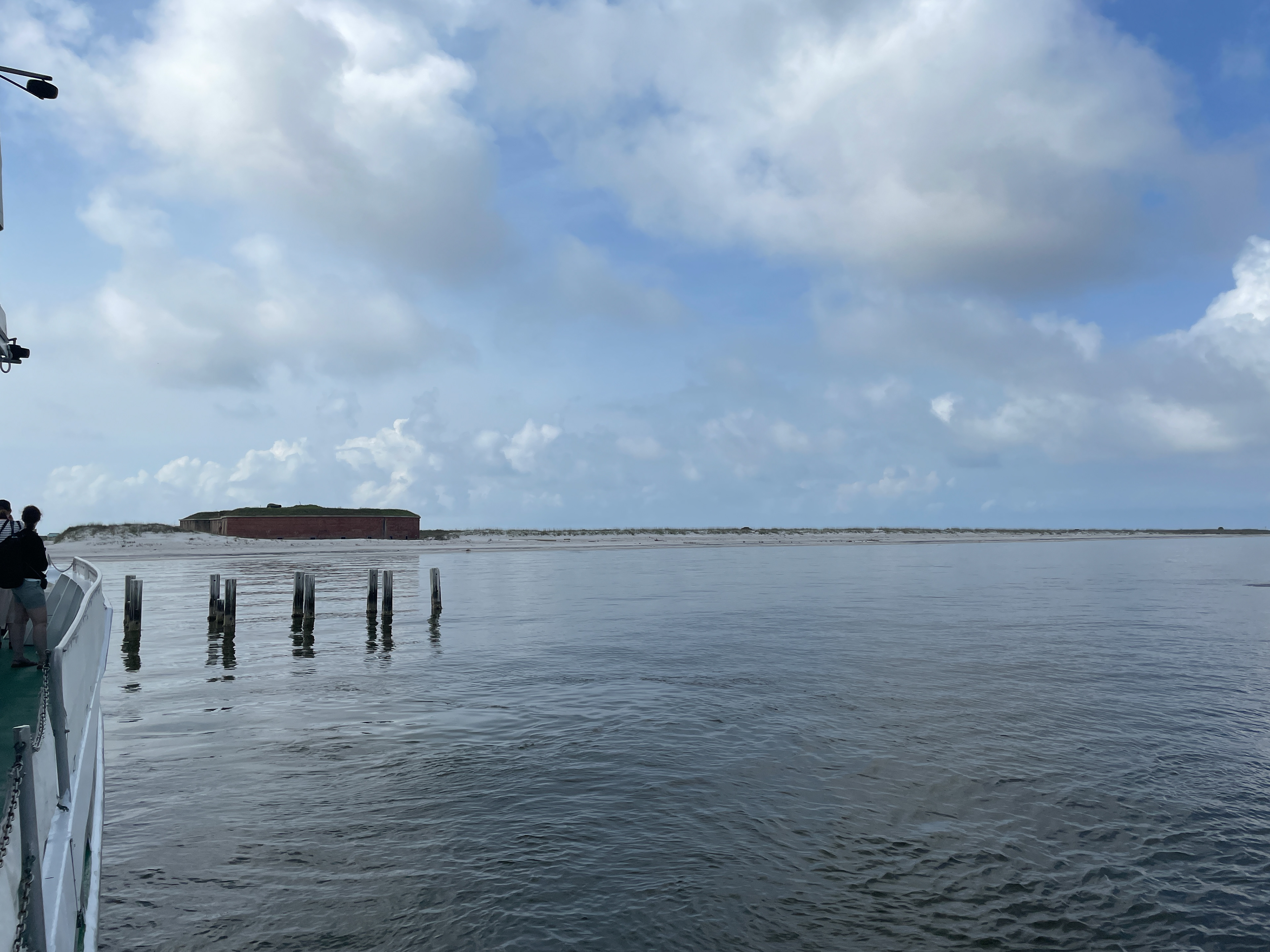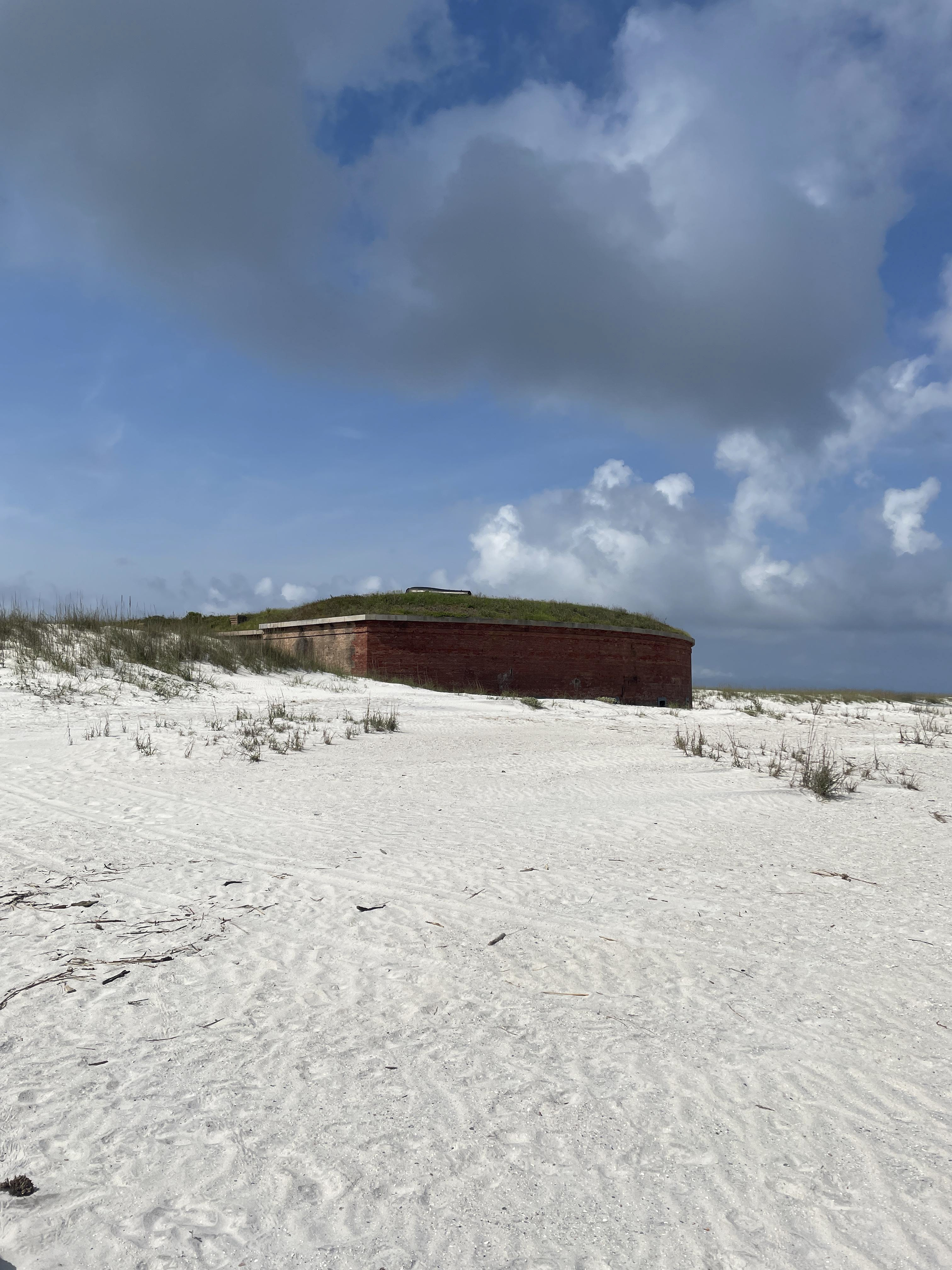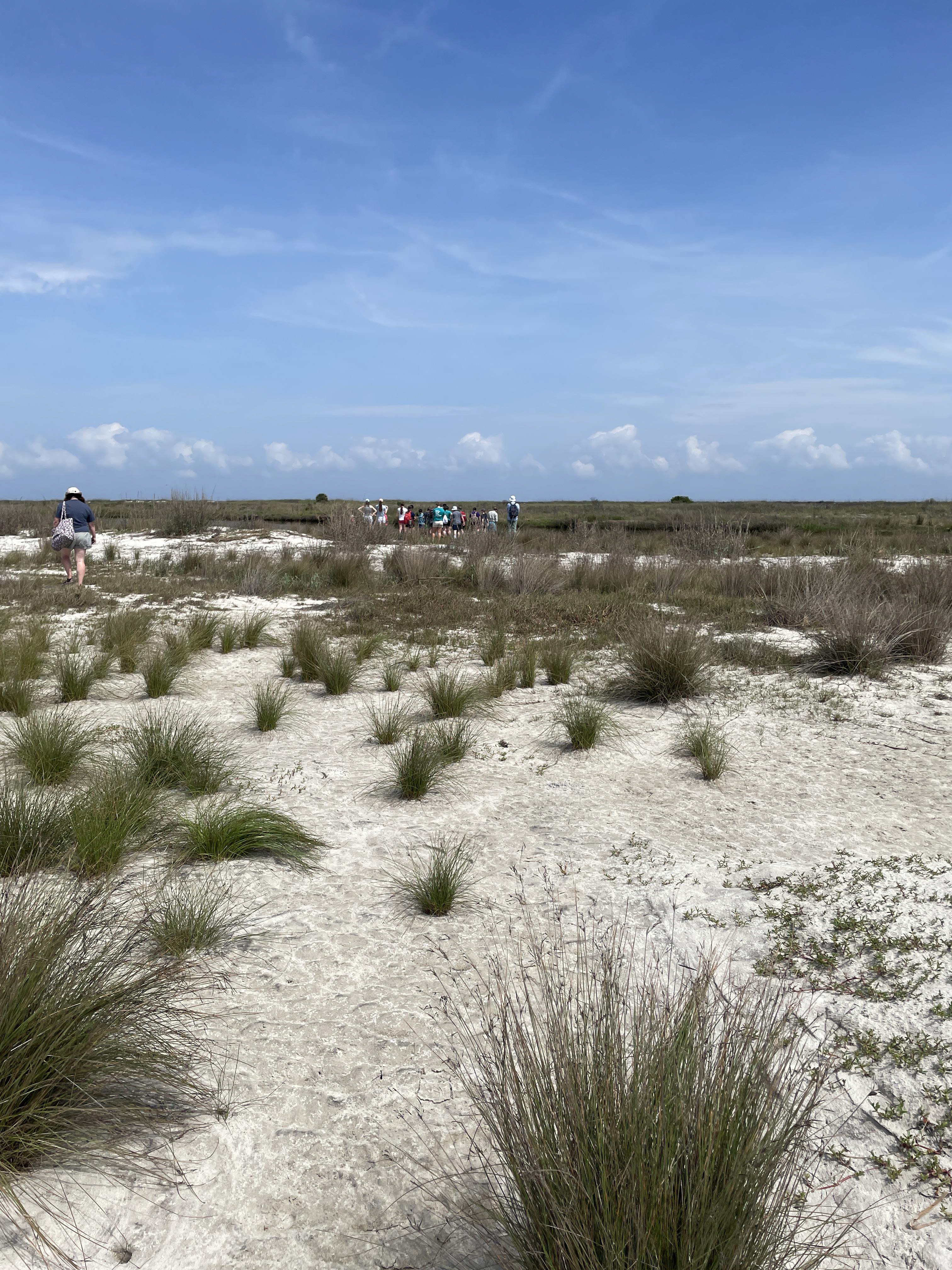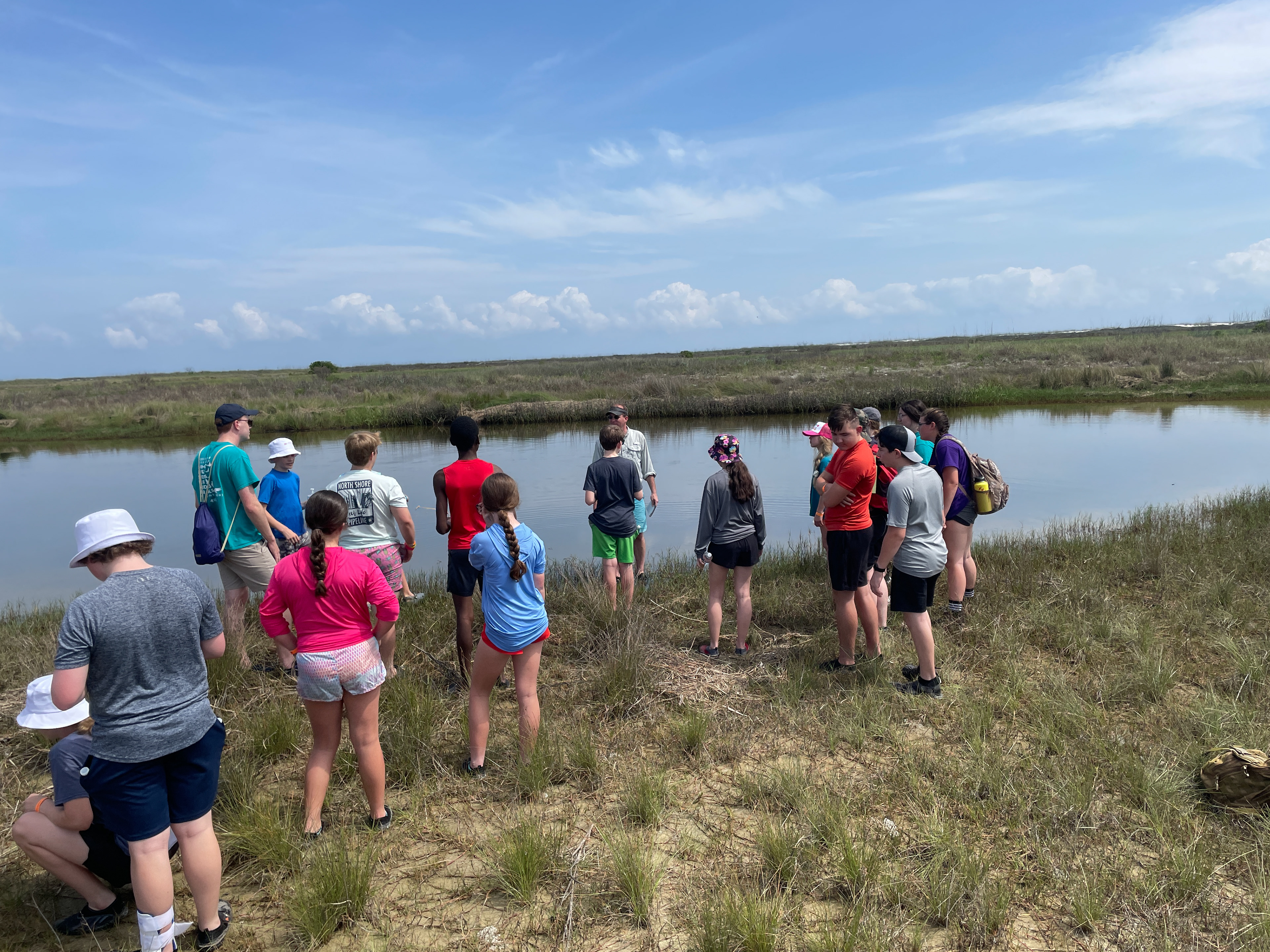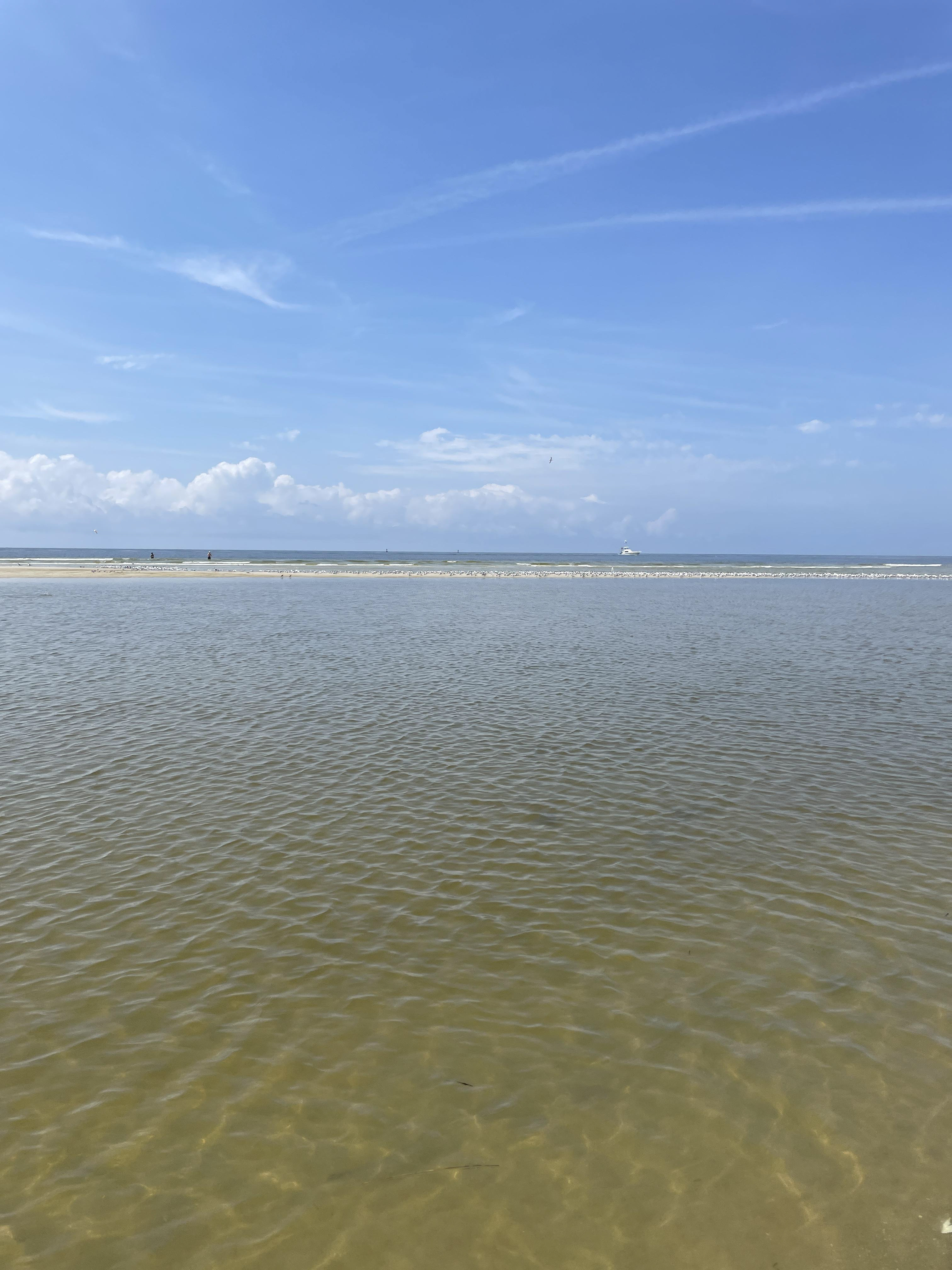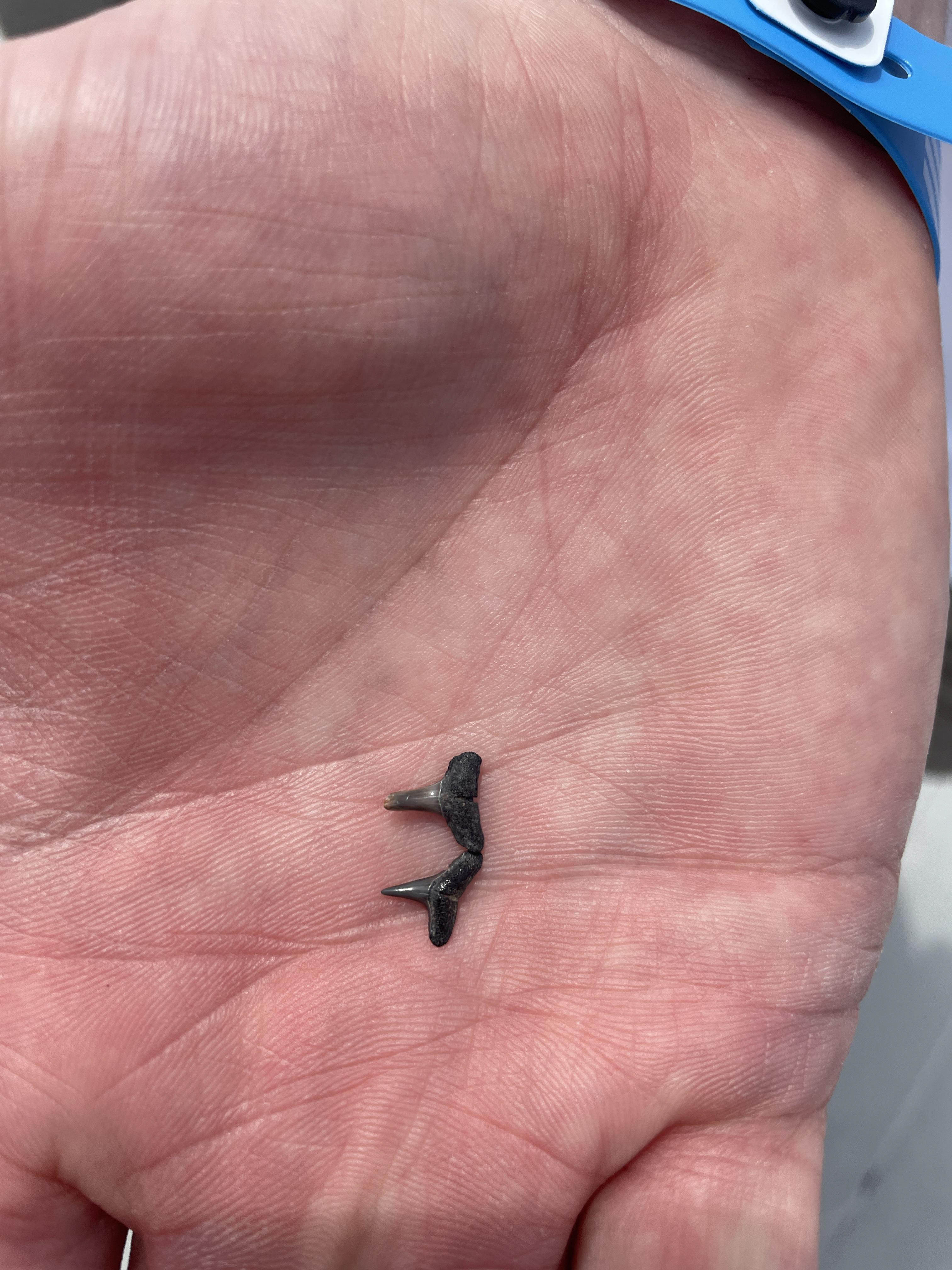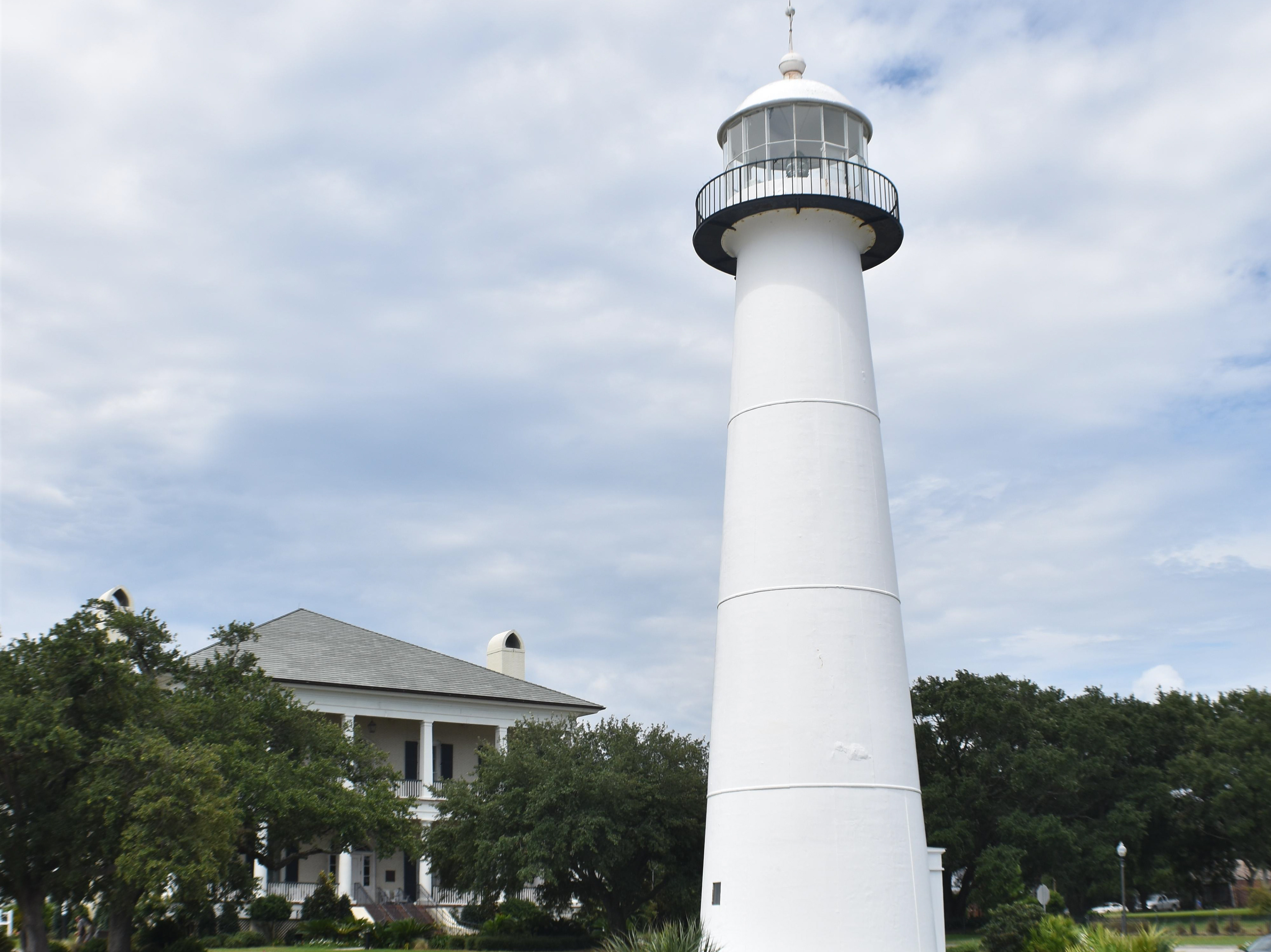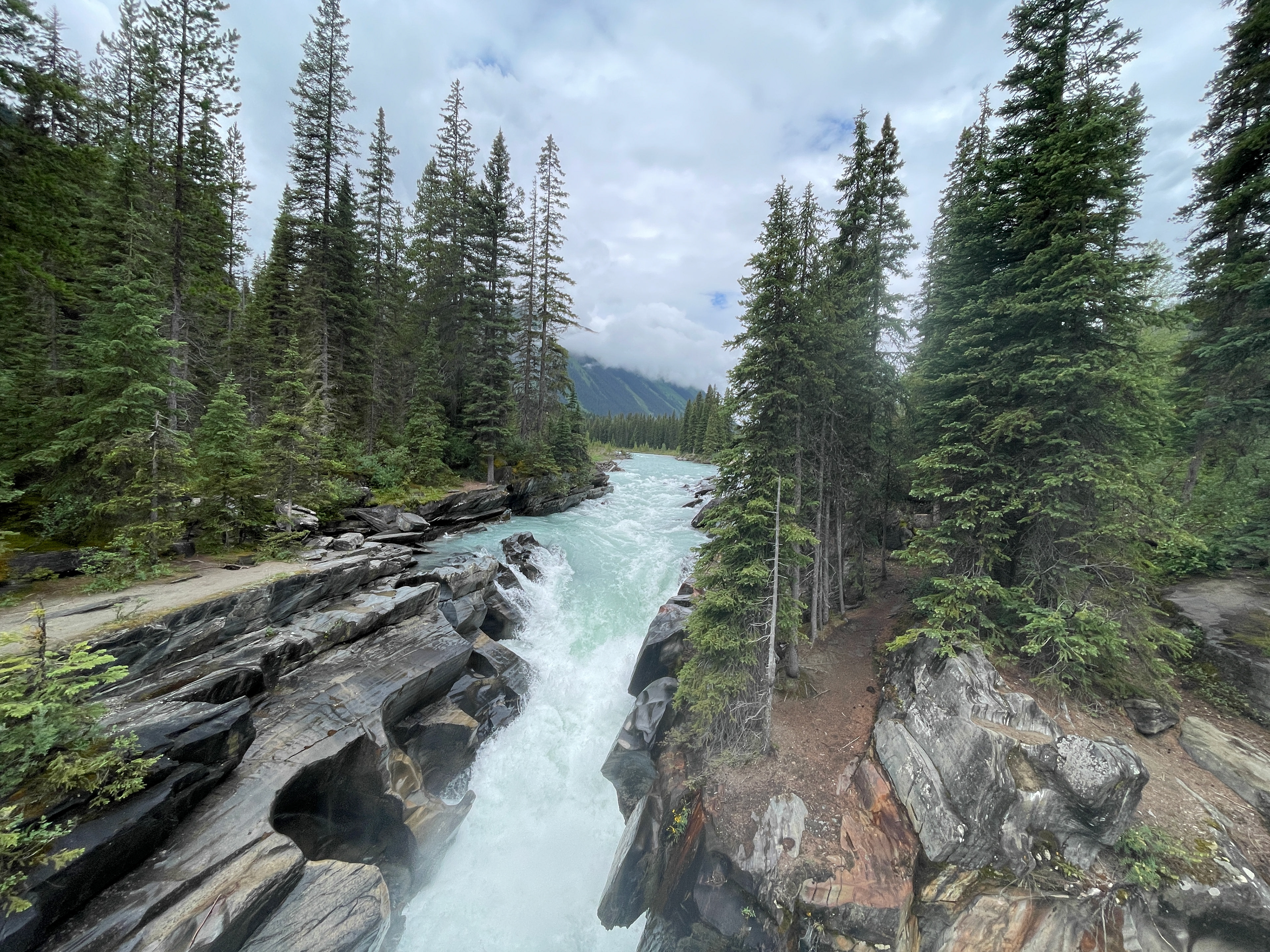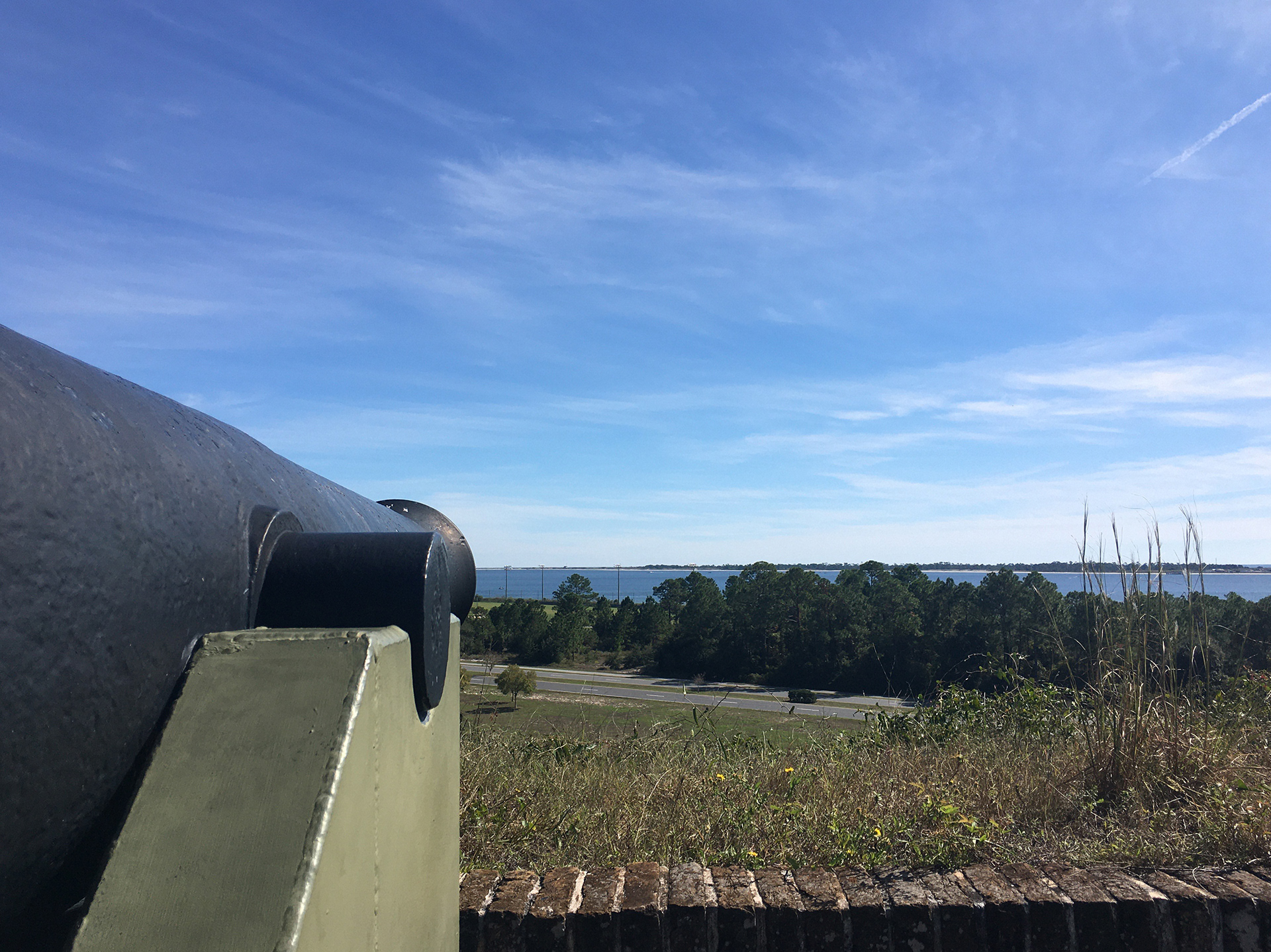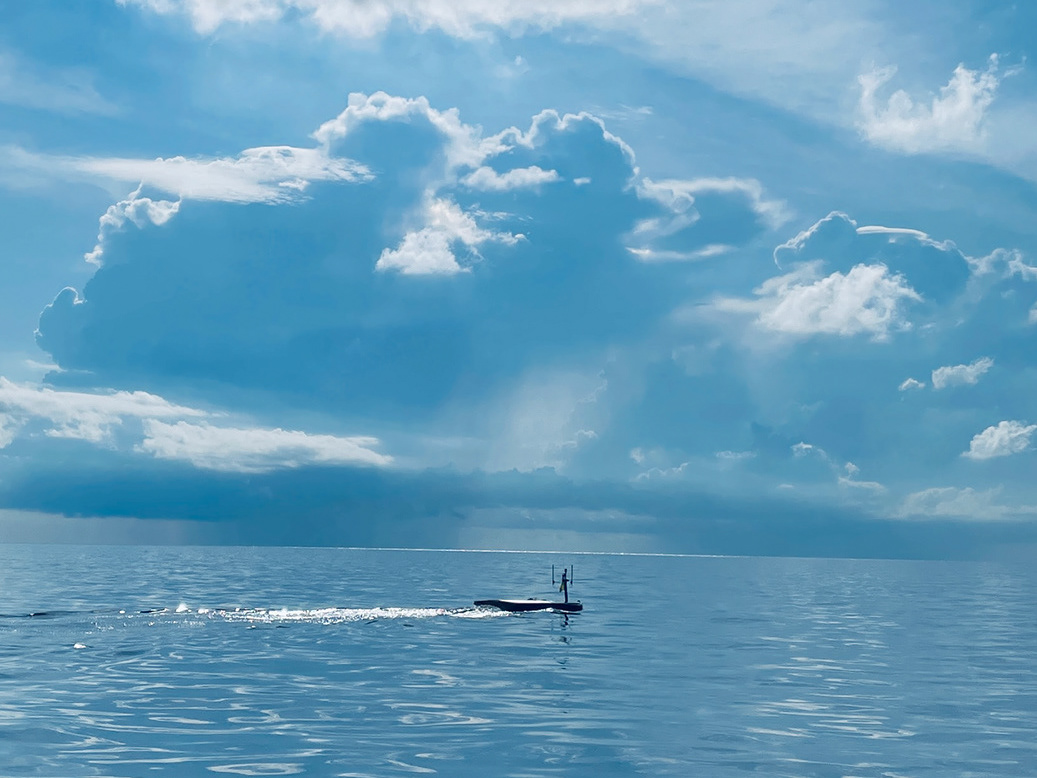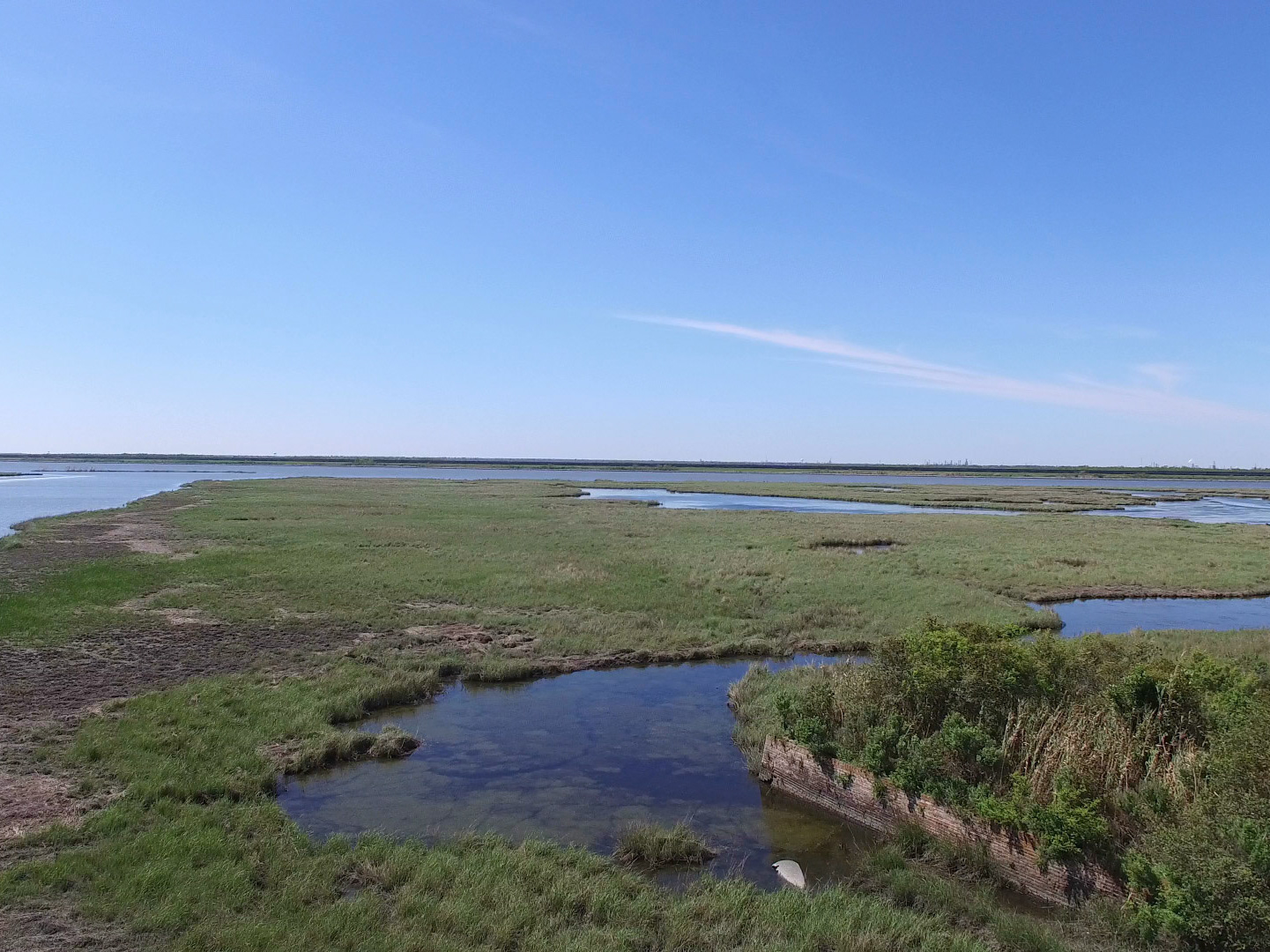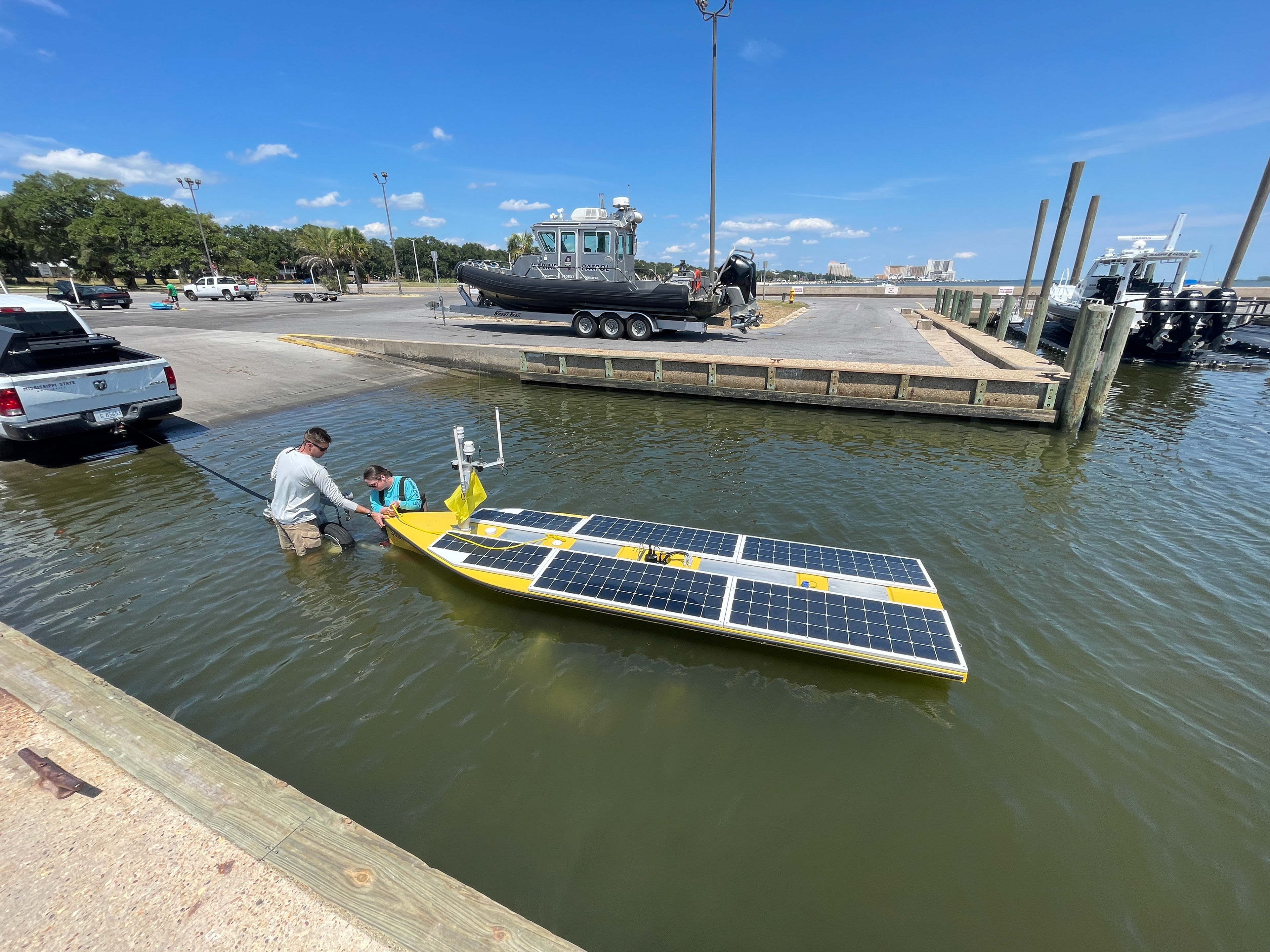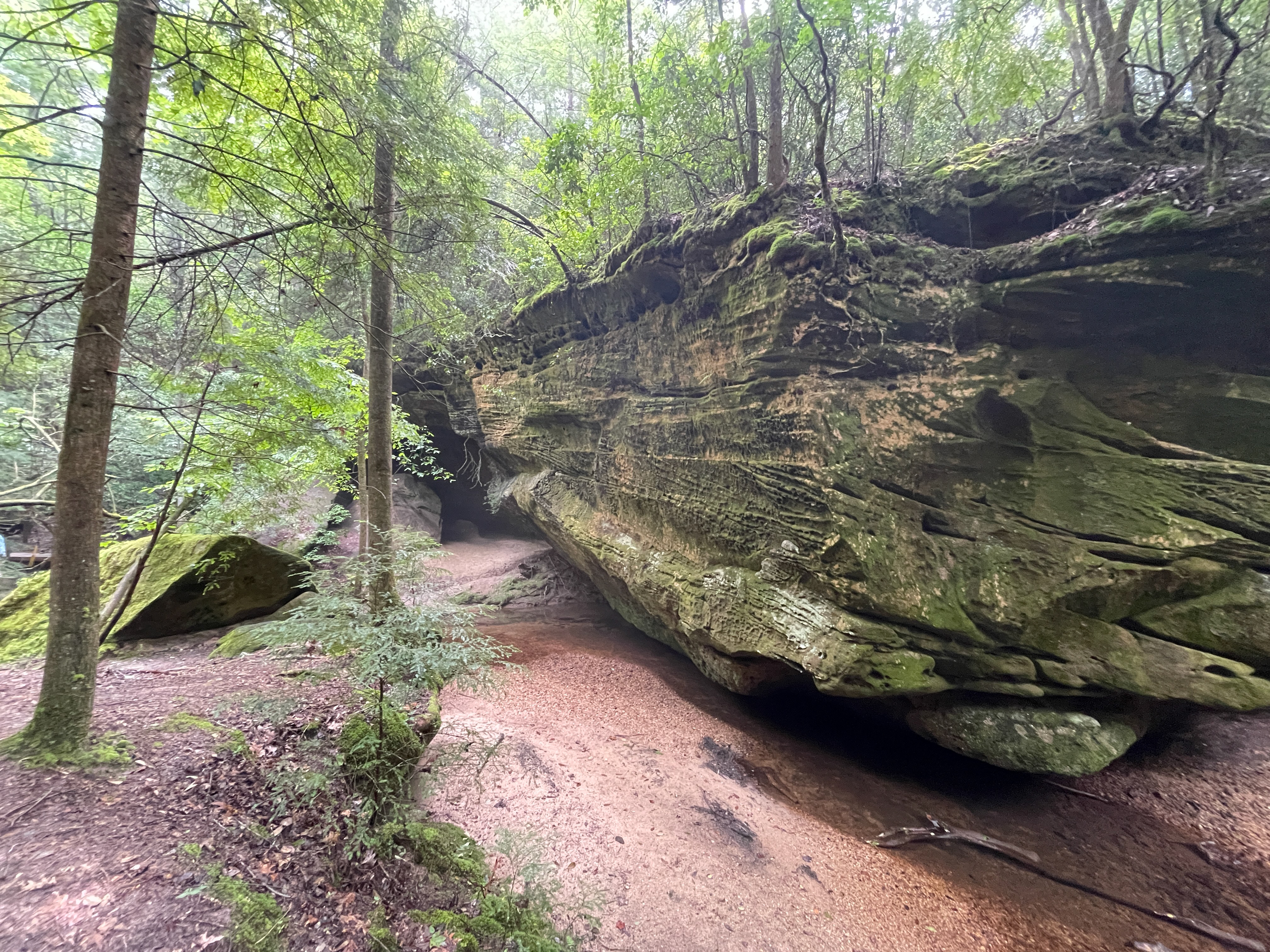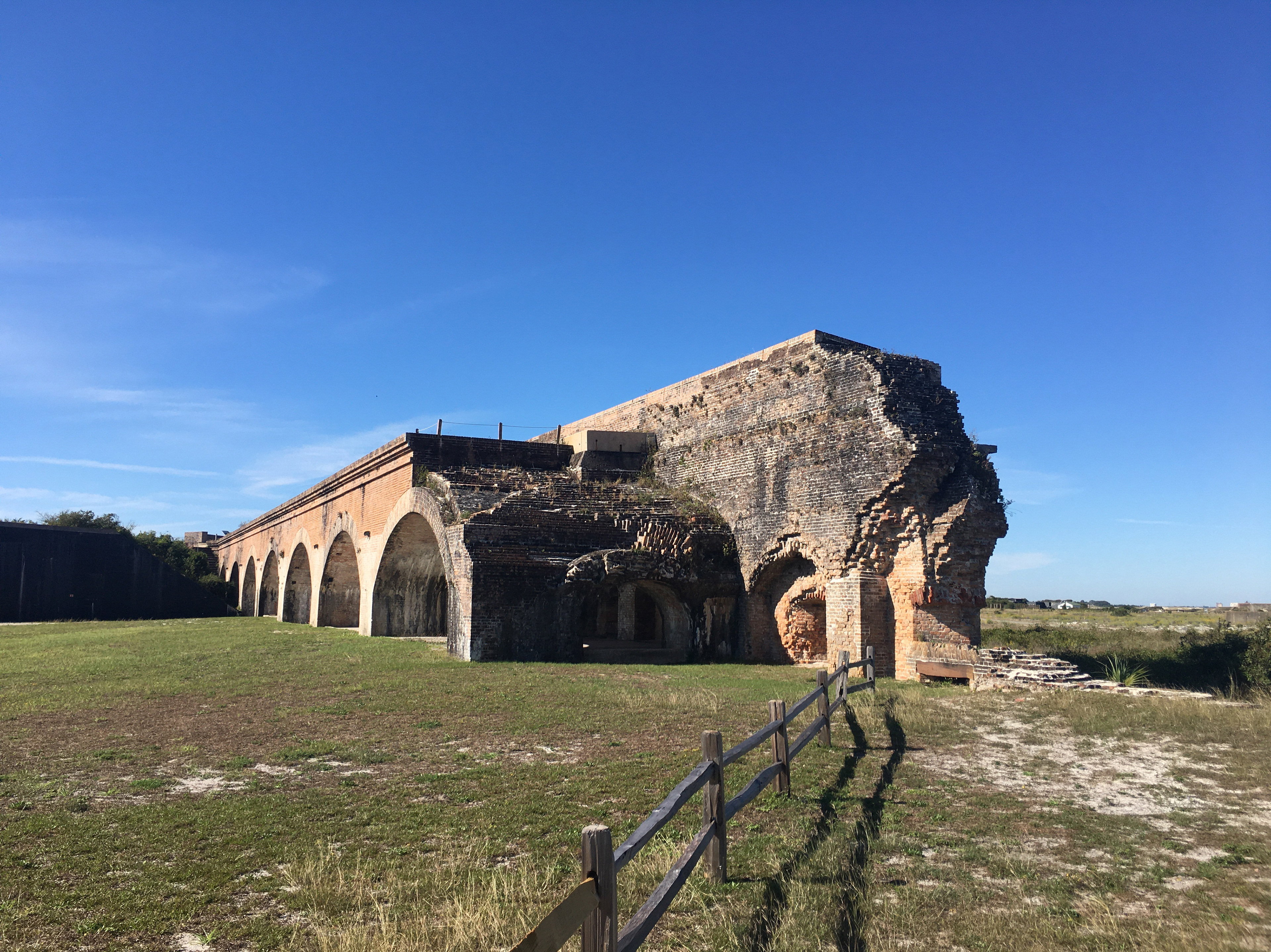The MSU-SEAS (Science Education at Sea) program, operated through the Northern Gulf Institute, is a unique initiative to provide students with hands-on marine science education experiences. The program typically involves taking students aboard research vessels and field excursions along the Gulf Islands National Sea Shore to conduct scientific research and learn about marine ecosystems firsthand.
Here are some key points about the MSU-SEAS program:
Location: The program is based in Mississippi and operates primarily in the northern Gulf of Mexico, rich in marine biodiversity and ecological importance.
Partnership: MSU-SEAS is operated through the Northern Gulf Institute (NGI), which is a collaboration between Mississippi State University (MSU), the University of Southern Mississippi (USM), Louisiana State University (LSU), the University of Alabama Huntsville (UAH), Florida State University (FSU), and the Dauphin Island Sea Lab (DISL). This partnership allows the program to leverage the expertise and resources of multiple institutions.
Hands-on Experience: The program emphasizes hands-on, experiential learning experiences, providing students with the opportunity to participate in scientific research activities such as water sampling, plankton collection, biodiversity surveys, and data analysis.
Interdisciplinary Approach: MSU-SEAS incorporates elements of various scientific disciplines, including marine biology, oceanography, ecology, environmental science, and geology. This multidisciplinary approach allows students to understand marine ecosystems and the factors that influence them comprehensively.
Educational Outreach: In addition to serving undergraduate and graduate students, the MSU-SEAS program also engages in educational outreach activities for K-12 students and educators. These outreach efforts help promote marine science education and inspire the next generation of scientists.
Overall, the MSU-SEAS program offers students a valuable opportunity to gain practical experience in marine science while contributing to ongoing research efforts in the Gulf of Mexico.
